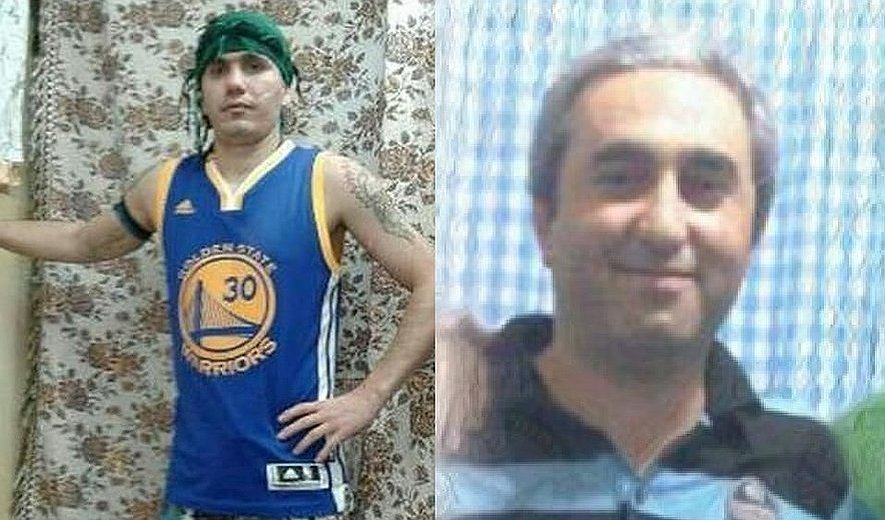Iran: 17 Men Hanged in One Prison in One Weekاعدام ۱۷ زندانی در طی یک هفته در زندان رجایی شهر کرج

JANUARY 13,
2019
Iran Human Rights (IHR);
January 13, 2019: According to IHR sources inside Iran, 17 prisoners have been
hanged for murder charges between January 2. And 9. At the Rajai Shahr prison
of Karaj (West of Tehran).
According to the IHR
sources, on the morning of Wednesday, January 9, 2019, at least 12 prisoners
were executed at Karaj city’s Rajai Shahr prison for murder charges. Three of
the prisoners were identified as “Mohsen Rezaei" from ward 1, "Reza Farmanjou"
from ward 6, and "Baratali Rahimi" from ward 10 of the prison.”
Mohsen Rezaei was
sentenced to death for killing his wife. According to a close friend of Mohsen
Rezaei, he had always emphasized that he was innocent and his confessions were
extracted after one year of torture.
Of note, on January 2,
five other prisoners were secretly executed for murder charges at the same
prison. None of the prisoners have been identified by name yet and the Iranian
authorities have not announced these executions so far.
IHR has previously
received many reports regarding the use of torture to extract confessions in
Iran. In many cases, prisoners are sentenced to death only based on their own
confessions. In 2013, Iranian
media wrote about a death row prisoner who was proved to be innocent 48 hours
before the execution. When he was asked why he had confessed to a murder he
didn't commit, he said: "I was beaten so much that I thought if I don't
confess to the murder I will die as a result of the beating".
According to the Iran
Human Rights statistic department, the majority of executions in 2018 were for
murder charges.
According to the Iranian Islamic Penal Code
(IPC) murder is punishable by qisas which means “retribution in kind” or
retaliation. In this way, the State effectively puts the responsibility of the
death sentence for murder on the shoulders of the victim’s family. In qisas
cases, the plaintiff has the possibility to forgive or demand diya (blood
money). In many cases, the victim's family are encouraged to put the rope is
around the prisoner's neck and even carry out the actual execution by pulling
off the chair the prisoner is standing on.
No comments:
Post a Comment